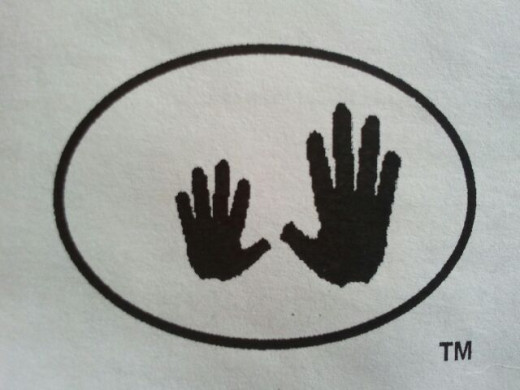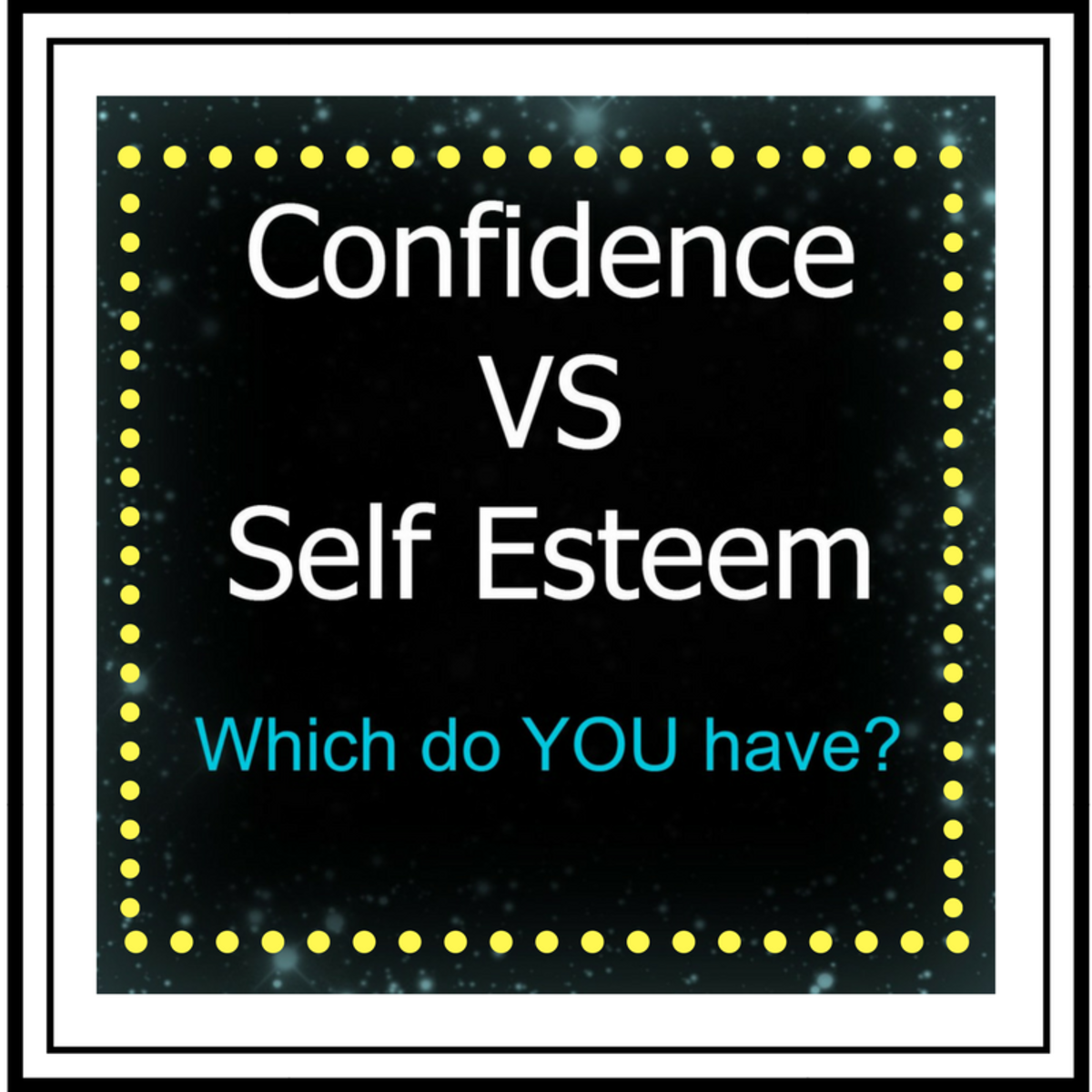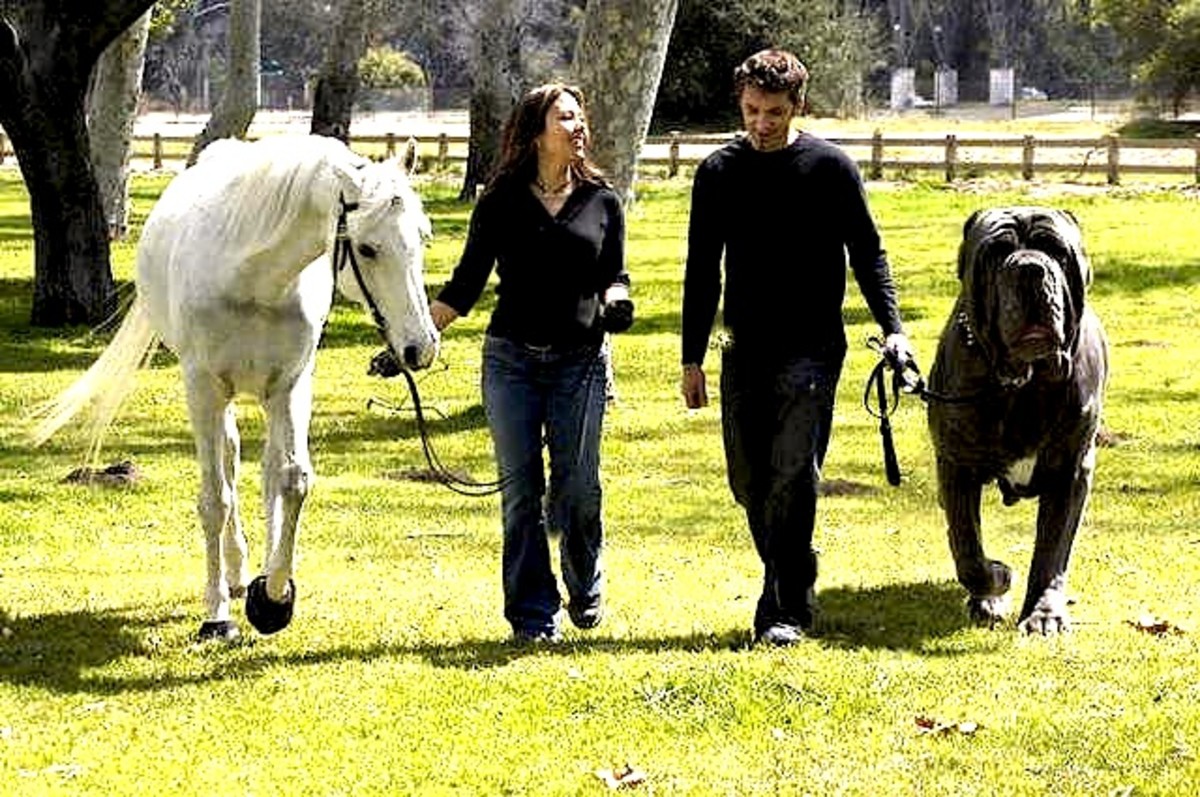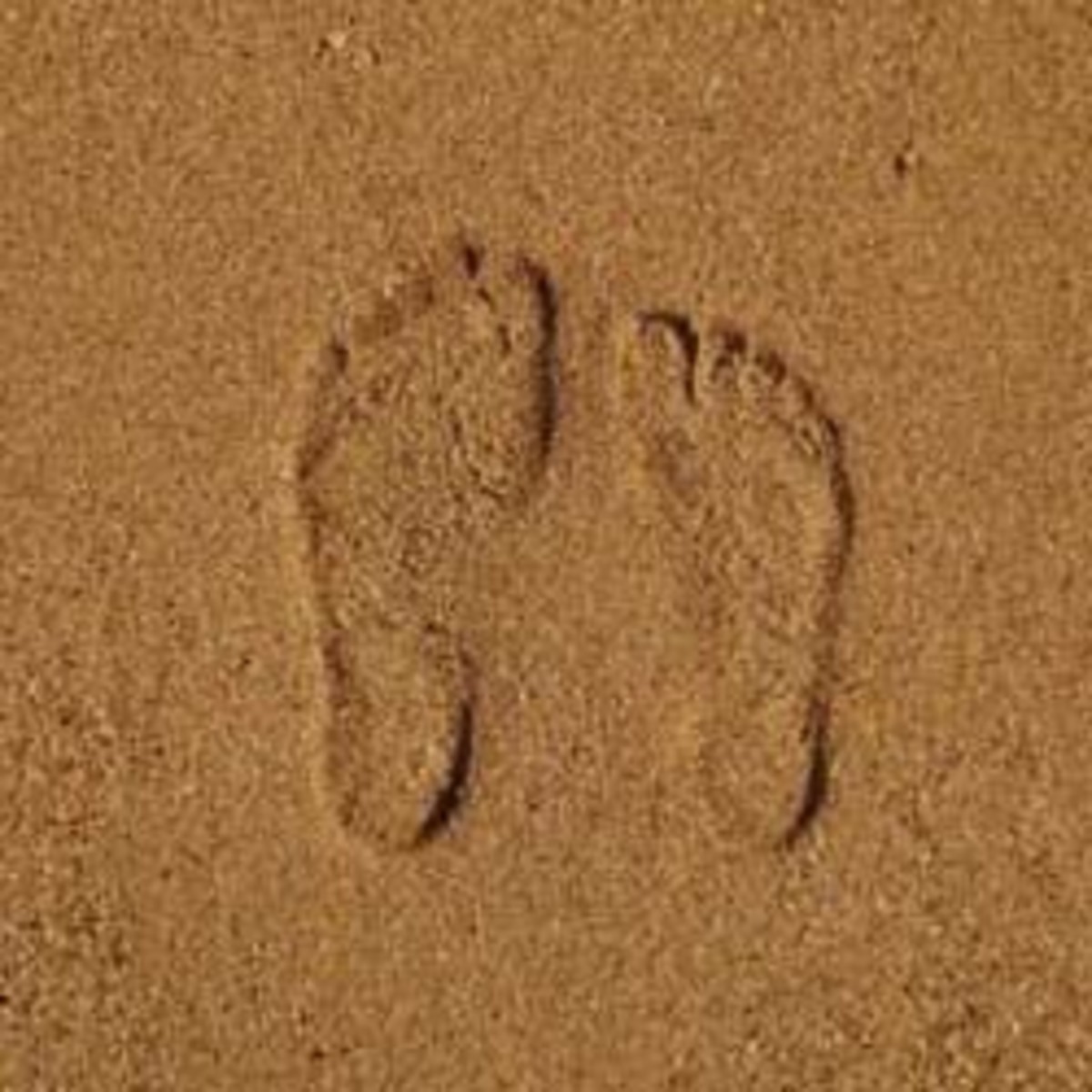A Lesson in Self Esteem: Know Thyself

A Lesson in Self-Esteem: Know Thyself
Before I begin with my article, I would like for you to have a paper and pen or pencil ready to answer some questions. Of course, this is optional, and no one will see it but you, but it is an exercise in knowing who you are, and looking into the power you hold within. So, ready?
Jog your memory, going back in time to your childhood or teen hood, and think for a moment. Now, write down the first name of someone who impacted your life in a POSITIVE way. Next to their name write down a few words to describe how you "saw" them. What qualities did they possess that impressed you the most, and that remain with you still? You are welcome to include both physical attributes, and personality characteristics, as well, in your description. Set that aside for a moment.
Now, take a moment, think again, and write down the first name of someone who impacted your life in a NEGATIVE way. Next to their name write down a few words to describe how you "saw" them. What qualities did they possess that were impressed on you, and that remain with you still? You may also include both physical attributes, and personality characteristics of this person, as well.
Now, think of the people in your own life. Your spouse, children, friends, extended family, co-workers, students, etc. Anyone, close to you that you may influence throughout your daily life.
Looking back at the two names you jotted down, add your name next to the one you want to be remembered as. One day, someone you have influence over, may be asked to do this same exercise, and where would you think your name would appear? Where would you want it to? Positive impact? Negative impact? Know Thyself, now. You have that power whether you realize it or not. The power to make or break.
The key to understanding self esteem is to know what it is and what it isn't. Firstly, self-esteem is not the same thing as self-concept, as some may think. Self-esteem is how we "feel" about ourselves, while self-concept is how we "see" ourselves. Of course, they are intertwined, and create personal identity, and we need to be aware of both for our own personal health, as well as, for those we connect with in our lives.
Consider it a network. A human computer of sorts. One that stores an intranet (esteem), and one that displays an Internet (concept). Once we have developed an awareness of our impact power, we can then utilize our communicative tools of words, tone, body language, eye contact, etc. to get our messages across. Through our human keyboard, we can utilize all of our power points to make sure that our audience is receiving the message we intend. That's the tricky part. Many times our intentions may be righteous, but our message may be coded. Coded to our own self-esteem, self-concept, and self-worth attributes. As adults, we have been molded over our lifetime, and getting our messages across the way we intend to, can become clouded and murky. When these misunderstood messages reach our audience, they can leave an unintended mark. Sometimes even a scar. Sometimes they can even damage beyond repair. It's critical that we know who we are, before we get to know someone else. Forming relationships is natural and healthy, and we learn along the way, what makes us and others tick.
Since we all learn about ourselves as we grow, develop and age, it's impossible to realize every facet of the "whys" and "hows" we do things. It's the awareness of those "whys" and "hows" that encourage us to stop and think before we say or do something to another person. Or it should, anyway.
In today's day and age of texting, emailing and using various other forms of social networking, the "human factor" may be getting lost in the translation, and in the act of communication.
We all need to make a conscious effort to keep the face-to-face in the heart-to heart relationships we create with one another. Maintaining healthy "real"ationships", in turn, create healthy self-esteem and self-concept, for both ourselves, and those we influence.
How we communicate with another person, makes all the difference in the success or failure of a relationship. How we share what we want someone to understand, is in our delivery or presentation of the message. In essence, we are what we say, because we say what we are.
Building self-esteem is an ongoing process. It's one that will require continual evaluation.
Know Thyself, first. Be aware of who you are, and who you want to be. Sometimes, we have to know, but let go, of who we used to be. Then, how we see ourselves can become more equitable with how we feel about ourselves.
For those of us who choose to be parents, think before you speak, you never know when your child will be listening. And, please, please, please, everyday, catch your child doing something good! And, tell them! Their self-esteem depends on it.








